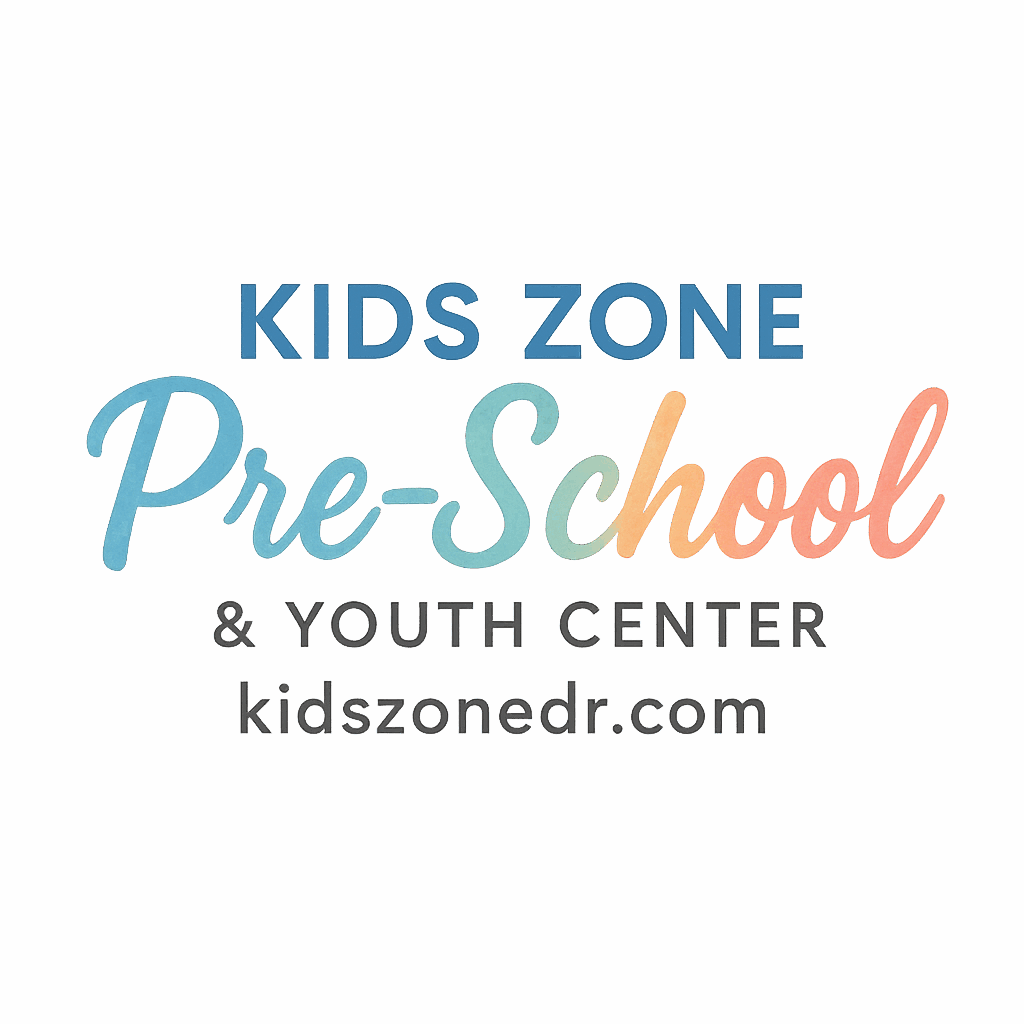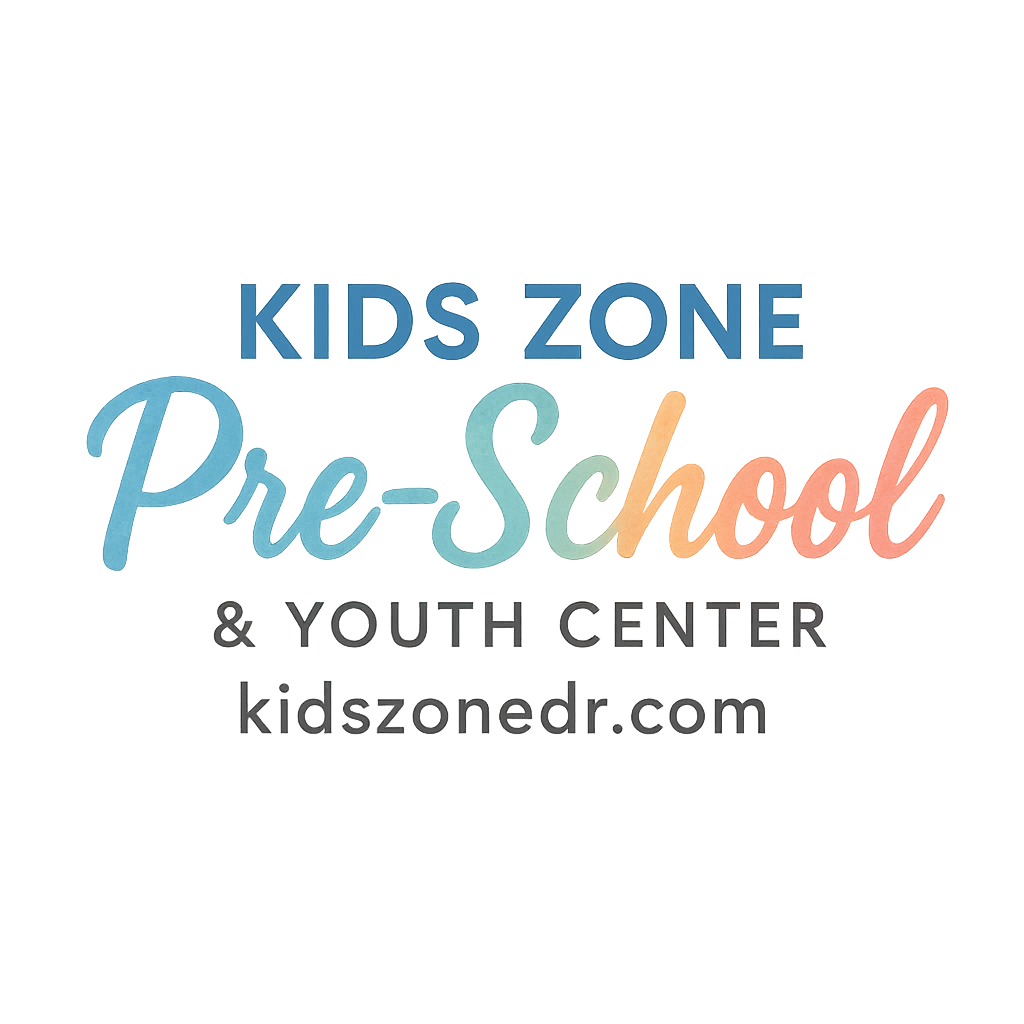Why Role-Play Matters in Preschool and Youth Centers
When you walk into a preschool or youth center, you’ll often see kids pretending to cook, act like a doctor, or even run a mini store. That’s role-play — and it’s way more than just fun and games. Role-play activities are powerful tools for shaping young children’s social skills, helping them understand real-world situations, and giving them a safe space to practice communication.
If you’re a teacher, parent, or caregiver, encouraging role-play isn’t just about keeping kids entertained. It’s about building lifelong skills that will help them navigate friendships, school, and even future workplaces.
The Connection Between Role-Play and Social Skills
Role-play lets children step into someone else’s shoes. When kids pretend to be parents, teachers, or shopkeepers, they learn how people interact in different situations. This helps them practice problem-solving, turn-taking, and teamwork, all essential social skills.
How Role-Play Builds Confidence and Communication
Think of role-play as a mini-stage. Children get to act out scenarios, experiment with language, and express emotions. Over time, they become more confident speakers, better listeners, and more empathetic friends. It’s like rehearsal for the social stage of life.
Preparing for Role-Play Activities
Before jumping into role-play, setting the right foundation is key.
Creating a Safe and Supportive Environment
Kids thrive when they feel safe. Provide a space where they know mistakes are okay and where creativity is welcomed. Whether it’s a corner in the classroom or a special section of a youth center, make sure the environment feels inviting.
Choosing Age-Appropriate Role-Play Scenarios
A preschooler might love pretending to run a grocery store, while older youth may prefer more complex scenarios like organizing a community event. Tailor activities to the age and developmental stage of the children.
Encouraging Participation Without Pressure
Not every child is ready to jump into role-play. Some may observe before joining in — and that’s perfectly fine. Gentle encouragement without forcing participation helps build confidence naturally.
10 Engaging Role-Play Activities
Here’s the heart of the article — a collection of 10 role-play activities designed for preschools and youth centers.
1. Playing House: Learning Family Roles
Kids love pretending to be moms, dads, or siblings. This activity helps them understand family dynamics, practice nurturing behaviors, and learn about responsibility.
2. Community Helpers: Doctors, Firefighters, and Teachers
Children pretending to be doctors or firefighters not only boosts imagination but also teaches them about respect for community roles. It’s a fun way to build gratitude and awareness of real-world heroes.
3. Grocery Store Adventure
Set up a mini store with play money, baskets, and toy food. Kids can role-play as cashiers, shoppers, or store managers, learning about turn-taking, sharing, and simple math skills.
4. Restaurant Role-Play with Servers and Customers
Transform the classroom into a restaurant! Children can take orders, serve food, and “pay” the bill. This helps them practice manners, patience, and customer service interactions.

5. Post Office and Mail Delivery
With envelopes, stamps, and mailbags, kids can pretend to be post workers or customers. They practice communication and organization, plus the joy of sending and receiving letters.
6. Classroom Role-Play with Teacher and Students
Role reversal is always fun! When kids take on the role of a teacher, they learn about leadership, patience, and instruction, while also boosting their confidence in front of peers.
7. Traveling by Bus, Train, or Airplane
Line up chairs like a bus or plane, and let children pretend to be drivers, pilots, or passengers. This teaches cooperation, listening to instructions, and understanding rules.
8. Hospital and First Aid Scenarios
Children can act out being doctors, nurses, or patients. Not only does this activity introduce them to healthcare roles, but it also encourages empathy and problem-solving.
9. Market Day and Selling Goods
Whether it’s a pretend farmer’s market or craft fair, kids love selling and buying goods. It’s an engaging way to teach negotiation, money handling, and confidence in social exchanges.
10. Birthday Party Celebration
Kids can plan a pretend party with cake, decorations, and gift-giving. This activity highlights inclusion, sharing, and the joy of celebrating others.
Benefits of Role-Play for Preschoolers and Youth
Enhancing Problem-Solving and Critical Thinking
When a conflict arises during role-play (like two kids wanting to be the cashier), children learn to negotiate and compromise, boosting critical thinking.
Building Emotional Awareness and Empathy
By acting out different roles, kids gain insight into how others feel, making them more compassionate and understanding.
Developing Teamwork and Cooperation
Role-play requires group participation. Whether running a pretend restaurant or organizing a party, kids must work together toward a shared goal.
Tips for Teachers and Parents to Support Role-Play
Provide Real-Life Props and Materials
Props like uniforms, play money, or toy stethoscopes make scenarios more engaging and realistic.
Guide, But Don’t Control
Adults should act as facilitators, not directors. Allow children to lead the play while offering gentle guidance when needed.
Celebrate Small Social Wins
Did a child share, take turns, or comfort a friend during role-play? Acknowledge and celebrate those social victories.
Integrating Role-Play with Daily Routines
Connecting Role-Play to Daily Preschool Activities
Link role-play with daily lessons or activities. For example, after storytime about firefighters, kids can act it out in a play scenario.
Linking Role-Play with Learning Goals
Role-play isn’t just for fun — it can be tied to learning development milestones such as language growth, emotional regulation, and teamwork. For resources on this, visit preschool learning development.
Conclusion
Role-play activities are more than just make-believe. They are powerful stepping stones for children’s social development, communication, and emotional growth. Whether it’s playing house, running a store, or pretending to be community helpers, each scenario offers unique opportunities for kids to practice and strengthen their social skills.
Teachers, parents, and caregivers can make role-play a regular part of the preschool or youth center routine — and watch kids blossom into confident, empathetic, and cooperative individuals.
For more tips on preschool routines, safety, and involvement, check out these resources:
- Choosing the right preschool
- Daily routines & activities
- Health & safety in preschool
- Parental guidance & involvement
FAQs
1. What age is best for role-play activities?
Role-play can begin as early as age 2–3, with simple scenarios, and can grow more complex as children enter preschool and youth center stages.
2. How does role-play improve social skills?
It allows children to practice communication, teamwork, empathy, and problem-solving in real-world situations.
3. Do kids need special props for role-play?
Not necessarily! Everyday items like chairs, boxes, and clothes can spark imagination. Props simply make the experience richer.
4. Can shy children benefit from role-play?
Absolutely. Role-play offers a safe environment where shy children can express themselves and gain confidence gradually.
5. How often should role-play activities be included in preschool?
Daily short sessions are ideal, but even 2–3 times per week can make a big impact.
6. What if kids argue during role-play?
Disagreements are natural. They’re great opportunities to teach negotiation, compromise, and conflict resolution.
7. Can parents encourage role-play at home?
Yes! Home role-play can be as simple as pretending to cook dinner, playing doctor, or organizing a family “store.”


